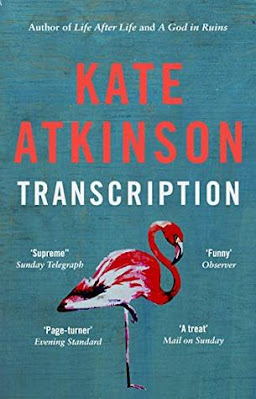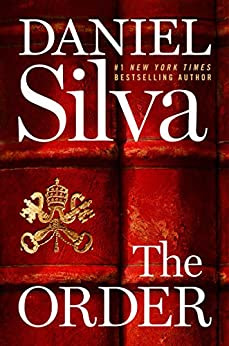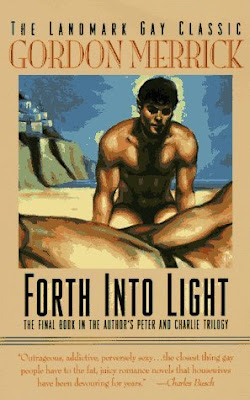Newhaven author David Gee is in print with Lillian And The Italians,
published by The Conrad Press, Canterbury at £9.99 paperback, £3.99 Kindle,
available from Amazon and bookshops – a book about second chances.
By Phil Hewitt
David Gee is the pen-name of David
Helsdon, aged 78. He says: “I set out to write a novel in which a widow gets a
second bite of the cherry.
“Searching for her wayward son Andrew
in the summer of 1966, Lillian Rutherford, a 50-year-old widow from Hastings,
goes to Venice, where she meets the ex-gigolo who has shared the last four
years of Andrew’s life. His revelations about Andrew’s bisexuality shock
her.
“Going on to Amalfi, she meets Prince
Massimo Monfalcone, whose playboy son has disappeared with Andrew.
“Massimo distracts Lillian with his
life story: his first wife was murdered in a Sicilian blood-feud; his second
wife killed herself because of his infidelity. As they wait for news of their
sons, a bond grows between Lillian and the prince. A different world – a
different life – opens up for her. Is she ready for this?
“The book will, I hope, appeal to women
of all ages. Lillian learns in Venice that her son has had male as well as
female lovers, so I hope this will draw in LGBT readers. Prince Massimo’s life
includes 50 years of Mafia history, so maybe fans of The Godfather –
and movie producers! – will be attracted.
“Lillian and the Italians is
a book for women who worry that their lives will flatline after their children
– or their husbands – leave home.
“I promised my mother years ago that I
would write a novel in which an English widow finds romance and adventure in
Italy. Lillian’s girlhood and a late-term miscarriage are taken from my
mother’s life story, although she was widowed at an earlier age and fate did
not bring her a Sicilian prince; Alzheimer’s took her down a different road.
Lillian and the Italians is the life she should have had.
“My mother accompanied me on some of my
research trips to Venice, Amalfi and Sicily. The first draft of the book was
largely written on location, in cafes and bars and sitting on church steps.
“I started it in 1976 but then my job
took me overseas and I didn’t finish it until the 1990s. I’ve had to overcome a
surprising amount of resistance from editors and literary agents to a book with
a heroine aged fifty; they prefer a book with a sexy young bimbo!
“I’ve started a follow-on novel in
which Lillian’s son’s life intersects with a hotel owner from Hastings in Spain
in 1968, the year of student protests in Europe and anti-war protests in the
US. Hopefully it will soon be possible to fly to Spain for some location
research. For now I’m relying on memories of my first visit to Benidorm in the
1960s when Benidorm had had an unfinished promenade and very little highrise –
not the Benidorm we know today.”
This link will take you to the full
article online:
https://www.hastingsobserver.co.uk/arts-and-culture/books/east-sussex-author-pens-the-life-he-wished-his-mother-had-led-3267700





















